Health care
Recent articles
To accelerate the study of neurodevelopment, we need a transdiagnostic framework
Our tendency to focus on one condition at a time likely silos expertise and services—and obscures critical connections across diagnostic categories.
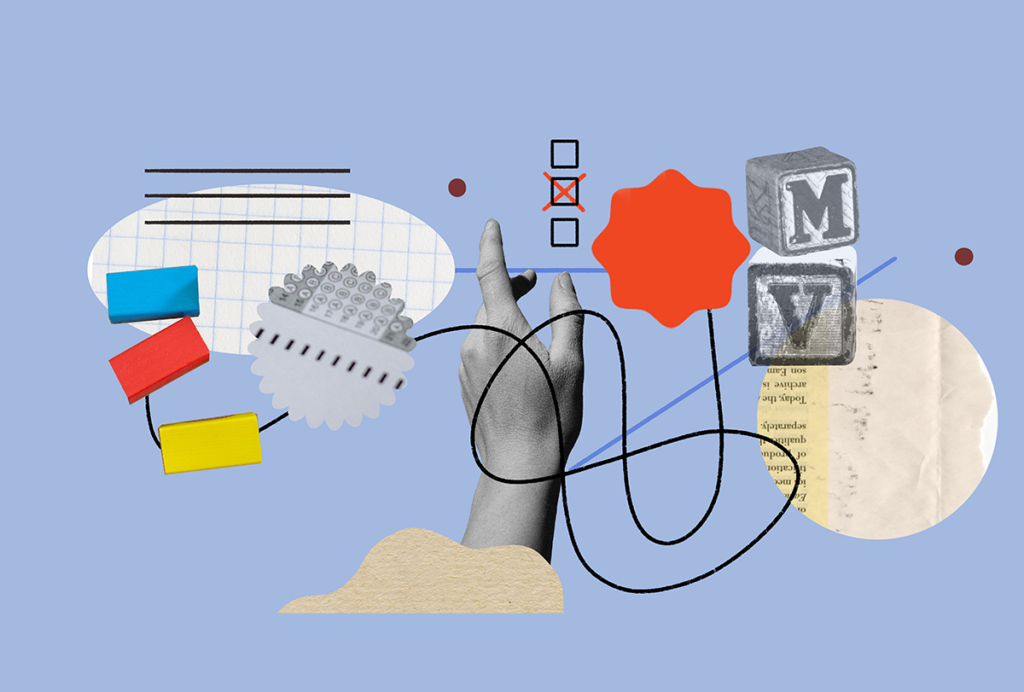
To accelerate the study of neurodevelopment, we need a transdiagnostic framework
Our tendency to focus on one condition at a time likely silos expertise and services—and obscures critical connections across diagnostic categories.
Building an autism research registry: Q&A with Tony Charman
A purpose-built database of participants who have shared genomic and behavioral data could give clinical trials a boost, Charman says.

Building an autism research registry: Q&A with Tony Charman
A purpose-built database of participants who have shared genomic and behavioral data could give clinical trials a boost, Charman says.
Leveraging the power of community to strengthen clinical trials for rare genetic syndromes
Families can become not only participants but champions of these research efforts.
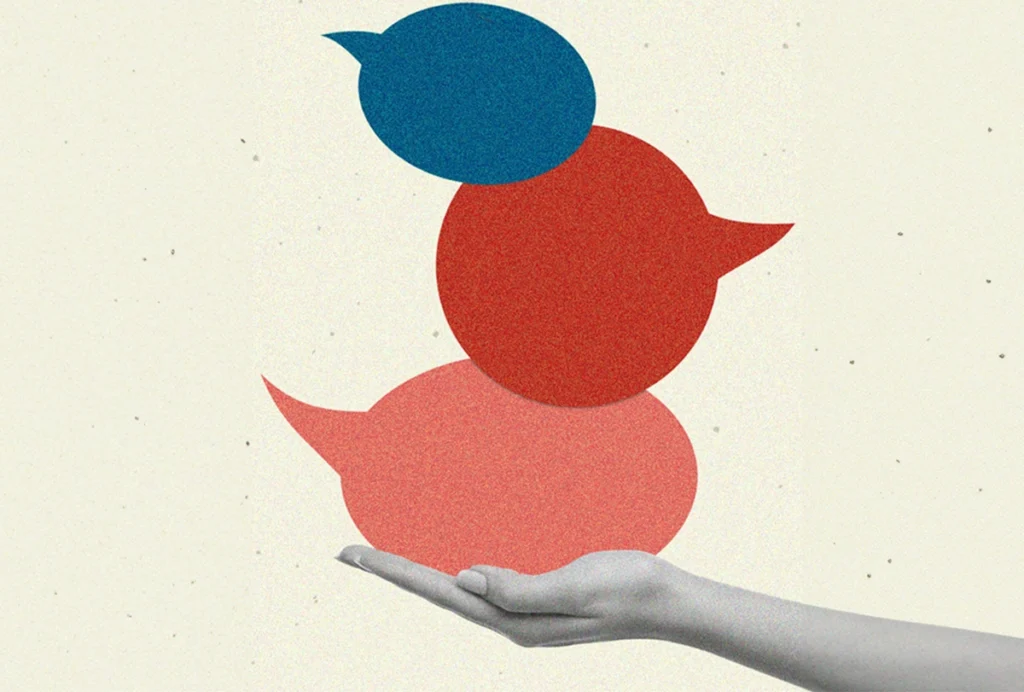
Leveraging the power of community to strengthen clinical trials for rare genetic syndromes
Families can become not only participants but champions of these research efforts.
Pinning down ‘profound autism’ for reliable research: Q&A with Matthew Siegel
A clear and actionable definition for the term could enhance research and improve care, Matthew Siegel says.

Pinning down ‘profound autism’ for reliable research: Q&A with Matthew Siegel
A clear and actionable definition for the term could enhance research and improve care, Matthew Siegel says.
The perils of parachute research
Scientists who study autism in lower-income countries are working to end practices that exploit or ignore collaborators and communities on the ground.
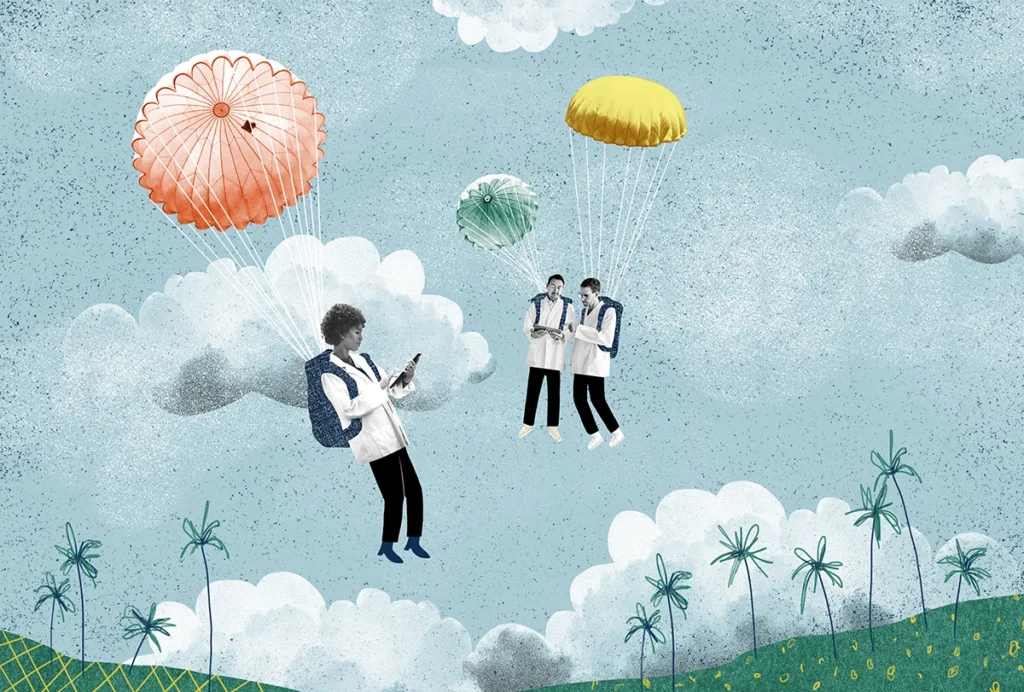
The perils of parachute research
Scientists who study autism in lower-income countries are working to end practices that exploit or ignore collaborators and communities on the ground.
Year in Review: Spectrum’s best in 2023
Here are five must-reads from our coverage of autism research over the past 12 months.
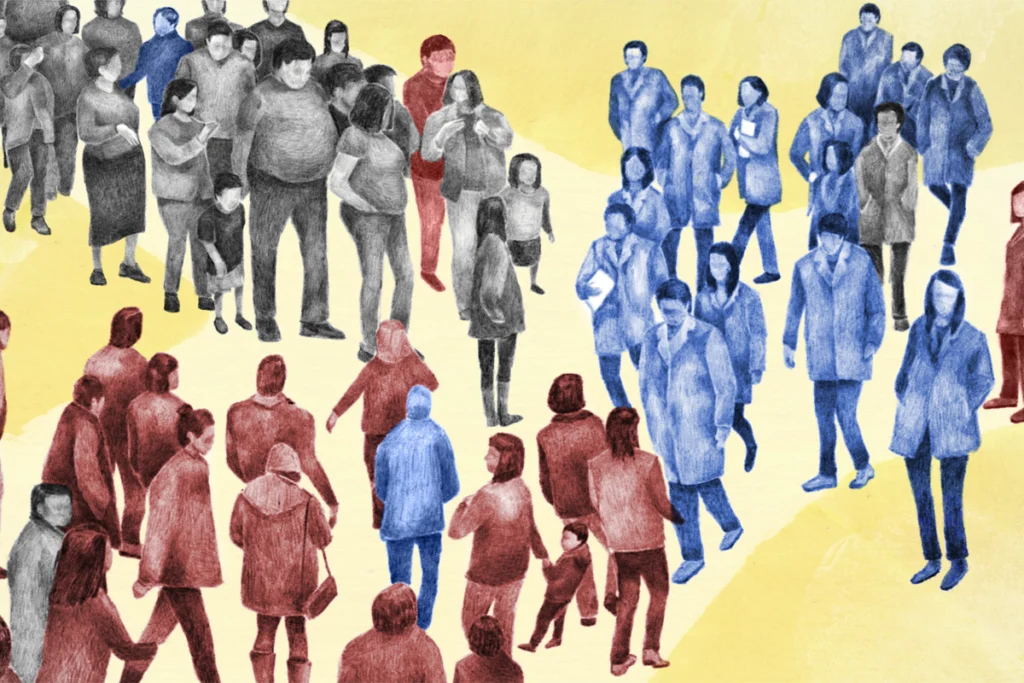
Year in Review: Spectrum’s best in 2023
Here are five must-reads from our coverage of autism research over the past 12 months.
Head of company that accredits autism service providers resigns after article retraction
The resignation follows reporting by Spectrum and Retraction Watch in October about nonexistent references in the retracted article.

Head of company that accredits autism service providers resigns after article retraction
The resignation follows reporting by Spectrum and Retraction Watch in October about nonexistent references in the retracted article.
Article defending private-equity involvement in autism services retracted
Nearly two-thirds of the article’s references appear to not exist.

Article defending private-equity involvement in autism services retracted
Nearly two-thirds of the article’s references appear to not exist.
Scammers threaten quality of research survey data
Jammed online surveys and invaded video calls are forcing researchers to rethink their outreach methods.
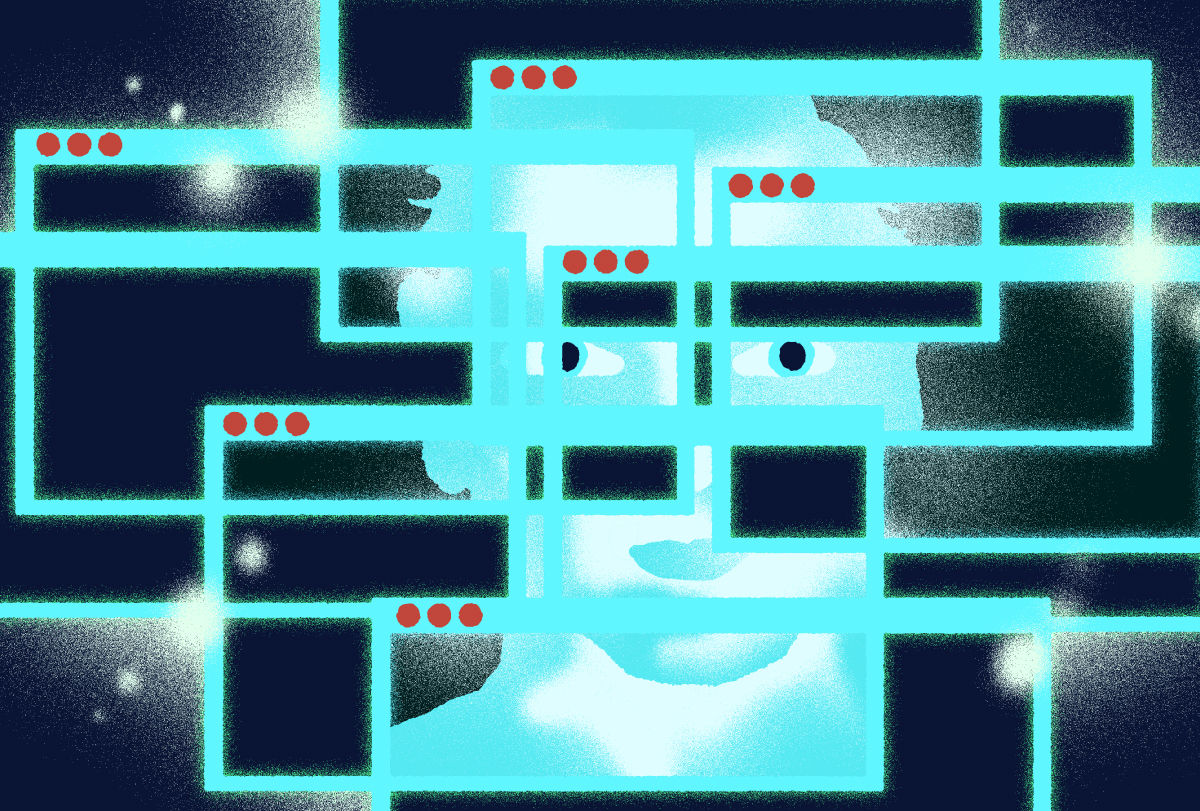
Scammers threaten quality of research survey data
Jammed online surveys and invaded video calls are forcing researchers to rethink their outreach methods.
Co-occurring conditions in autistic teens increase with age
The most prevalent conditions include obesity, neurological disorders, anxiety and attention-deficit/hyperactivity disorder.

Co-occurring conditions in autistic teens increase with age
The most prevalent conditions include obesity, neurological disorders, anxiety and attention-deficit/hyperactivity disorder.
Explore more from The Transmitter
Xiao-Jing Wang outlines the future of theoretical neuroscience
Wang discusses why he decided the time was right for a new theoretical neuroscience textbook and how bifurcation is a key missing concept in neuroscience explanations.
Xiao-Jing Wang outlines the future of theoretical neuroscience
Wang discusses why he decided the time was right for a new theoretical neuroscience textbook and how bifurcation is a key missing concept in neuroscience explanations.
Memory study sparks debate over statistical methods
Critics of a 2024 Nature paper suggest the authors failed to address the risk of false-positive findings. The authors argue more rigorous methods can result in missed leads.

Memory study sparks debate over statistical methods
Critics of a 2024 Nature paper suggest the authors failed to address the risk of false-positive findings. The authors argue more rigorous methods can result in missed leads.
Attention not necessary for visual awareness, large study suggests
People can perceive some visual information even if they do not pay direct attention to it.

Attention not necessary for visual awareness, large study suggests
People can perceive some visual information even if they do not pay direct attention to it.